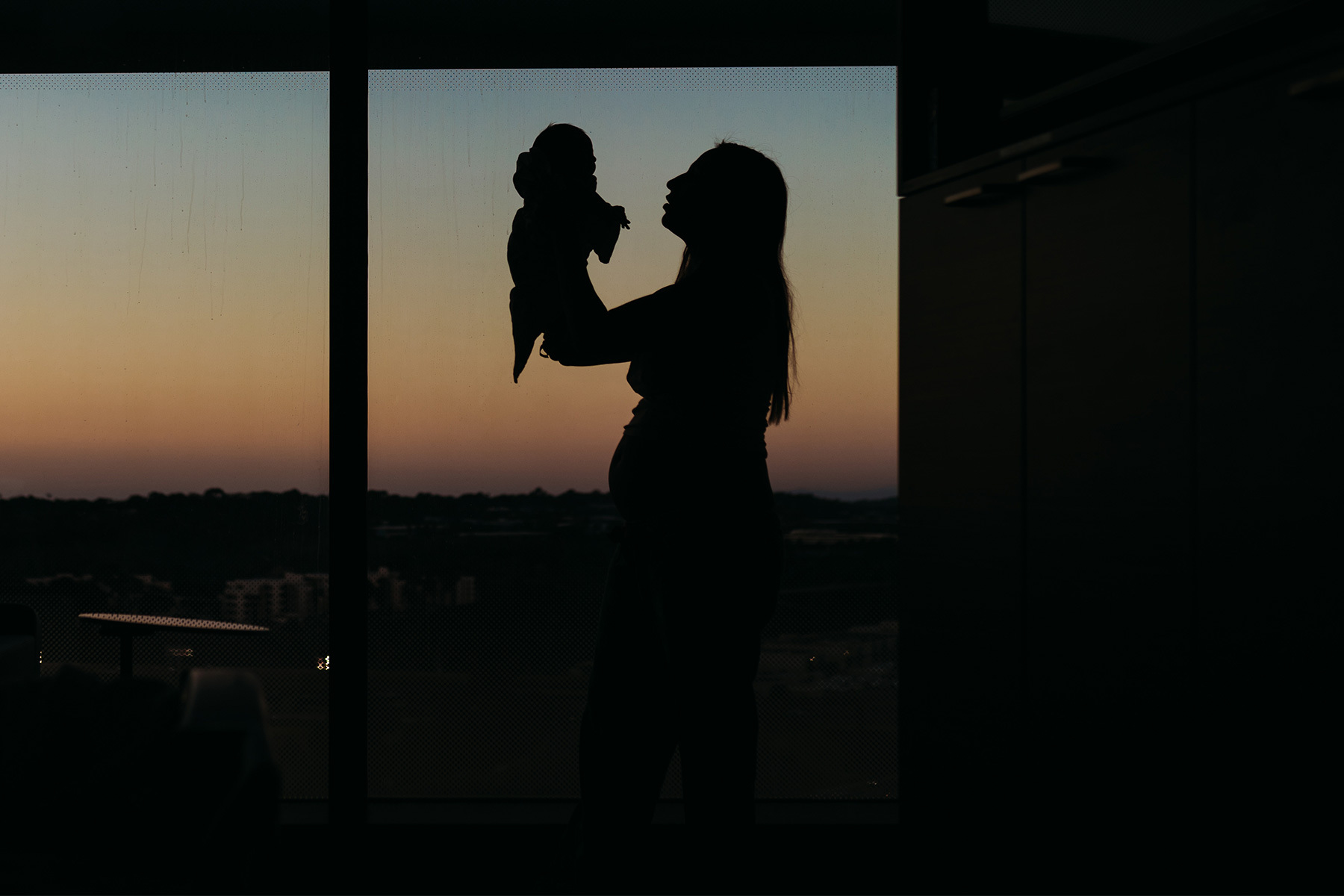The White House’s effort to redefine who is entitled to U.S. citizenship also sent a strong signal about the administration’s narrow view of family — one that excludes LGBTQ+ couples.
The order, “Protecting the Meaning and Value of American Citizenship,” would exclude two categories of U.S.-born infants from the right to U.S. citizenship: infants born to a mother who is unlawfully in the country and a father who is not a citizen or permanent resident, and infants born to a mother who is authorized to be in the country for a temporary period of time and a father who is not a U.S. citizen or permanent resident.
The order, which has been temporarily blocked in court, goes on to define mother and father as male and female “biological progenitors,” disregarding families made up of same-sex, transgender or nonbinary parents.
Lawyers involved in the legal fight against the administration’s policy revoking birthright citizenship to some children of immigrants say the policy violates the 14th Amendment and expressed confidence that the courts would block its implementation.
At the same time, they said the policy, like others coming out of the White House, has created fear and confusion for many families who wonder how this may apply to their children and makes clear the Trump administration’s more narrow view of what constitutes a family and how it may apply it in the immigration context.
“I fully expect it to be struck down over and over, just like every other attempt to water down the 14th Amendment has,” said Aaron Morris, the executive director of Immigration Equality, an organization that advocates for the rights of immigrants who are LGBTQ+ or HIV-positive.
“But, they do very narrowly define who a mother is and who a father is. Here — even in this executive order that purports to be about citizenship — you see an attempt to deny the way that LGBTQ+ families are created, the health and happiness that those families produce, especially when it comes to children.”
A 2021 analysis by the Williams Institute at UCLA found that 3 percent of undocumented adults in the United States, or nearly 290,000 people, identify as lesbian, gay, bisexual or trans. LGBT undocumented immigrants skew younger than the national LGBT population, with almost half being between the ages of 18 and 29, compared with 15.2 percent of the U.S. adult LGBT population.
The institute estimates that about 18,200 same-sex couples with at least one foreign-born partner or spouse are raising an estimated 31,000 children under the age of 18.
Cody Wofsy, the deputy director at the Immigrant Rights Project at the American Civil Liberties Union, and lead counsel on the organization’s case against the order, said that it’s not clear how the insertion of a “hateful ideological point” into the birthright citizenship order would work in practice. If the order is enforced, it’s not clear whether the administration would seek to deny citizenship to children of same-sex couples where the U.S. citizen parent is not biologically related. It’s one of many questions causing confusion among families, advocates and government officials.
“There’s a lot of uncertainty about how it’s all supposed to work and what it’s all supposed to mean. You have federal and state and local agencies and organizations all you know, scrambling and scratching their heads and trying to figure out how the hell we’re supposed to do this,” Wofsy said.
“I would just say that for those who are out there and are, you know, scared or confused or have questions, that we will keep fighting this until it’s gone for good, and we are optimistic that we’ll win at the end of the day.”
Morris with Immigration Equality said his organization has successfully fought over the birthright citizenship rights of children born to same-sex couples. In 2021, following several court challenges, the State Department and U.S. Citizenship and Immigration Services updated their respective internal policies to ensure that the foreign-born children of married same-sex couples in which one parent is a U.S. citizen would be swiftly granted U.S. citizenship.
Previously, the children of such married parents were considered “born out of wedlock,” and parents were required to provide proof of a child’s biological connection to their U.S. citizen parent. Morris said the policy resulted in the unjust denial of citizenship applications to some children, including that of a twin with American and Israeli parents, whose sibling was granted U.S. citizenship.
The legal fight eventually led to settled policy. Morris said his organization and broader network of advocates would “do everything in our power to protect families going forward, if it was necessary.” He said he remains confident that the birthright citizenship policy will not go into effect.
“Part of our hope and goal is to dispel that fear by explaining the history of citizenship and the history of the 14th Amendment, and also, it’s really scary when it’s the president who’s saying your children shouldn’t be citizens,” Morris said.







